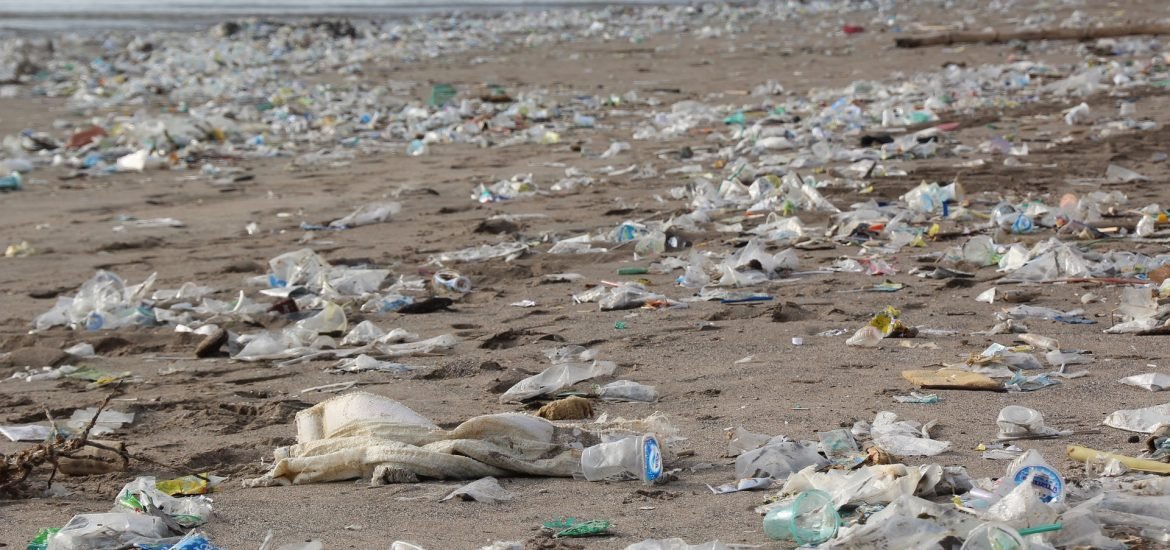
The European Union is preparing to unveil a new directive to reduce plastic pollution, particularly in oceans and on beaches, but a leaked first draft of the legislation published by Euractiv has been met with mixed reactions.
The directive is part of the EU’s wider plastics strategy, which was adopted in January, and seeks to make all plastic packaging reusable or recyclable by 2030.
According to the leaked document, between 80-85% of the EU’s marine litter, including beach litter, is plastic. Single-use plastics contribute half of that amount and fishing items a little more than a quarter.
The proposal mentions a number of plastic items with “readily available alternatives” that would be affected by the legislation, including food containers, cutlery, plates, beverage stirrers, straws, cotton bud sticks and plastic sticks used for balloons.
Some products would be banned in the EU, while others would require stricter labelling or reductions in consumption. Under the new labelling requirements, product packaging would clearly display the products’ negative environmental impacts, with the goal of allowing consumers to make more eco-friendly choices when shopping.
The draft legislation has been met with mixed reactions among environmentalists.
Ariadna Rodrigo, a campaigner for the Rethink Plastic alliance, told Euractiv that the draft was “good first step,” but contained some vague wording. Because the draft calls for a “significant reduction” in the consumption of single-use plastics but lacks specific targets, Rodrigo warned that EU member states could interpret this differently.
Rodrigo added that civil society organisations would expect the Council and Parliament to improve the draft before formally releasing it later this month.
MEP Margrete Auken, who sits on the environment, public health and food safety committee welcomed the proposed legislation as a “new dawn for plastic management.”
She told Parliament Magazine: “The proposal to ban single use products like straws and cutlery is welcome, as are the reduction targets for food containers and plastic cups. What is missing is action on the dangerous chemicals found in many plastic products. We need to take toxics out of plastics.”
Auken added that although the proposals appear to be “a good start,” they must be improved “if they are to meet the expectations of the citizens and NGOs that have campaigned for action on plastic pollution.”
European cities and nations have been taking their own steps to reduce plastic waste. Last week, Oslo announced it would begin phasing out single-use plastics, and in March, England launched a deposit return scheme for all drinks containers, regardless of the material.
Various industries have also pledged to cut down on plastic waste. Earlier this year, a supermarket in the Netherlands opened the world’s first plastic-free aisle, while a group of corporations in the UK, including many of the largest supermarkets, launched a voluntary pledge last month to reduce single-use plastics in their packaging.
The European bottled water industry, meanwhile, set a goal on Tuesday to collect 90% of plastic bottles in 2025 compared to 60% today.
“Our packaging today is part of the unacceptable phenomenon of littering alongside other discarded items,” the European Federation of Bottled Waters said in a statement.
[…] a proposal on Monday to ban many single-use plastics in the European Union after a first draft was leaked earlier this month. The EU executive said the directive would have significant environmental benefits and save […]